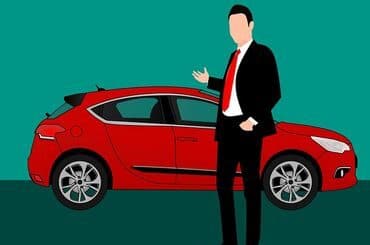
Under the majority rule, a dealership may be liable for an accident if it was aware or should have been aware that the potential buyer was an unqualified, negligent, or careless driver when it permitted the buyer on a test drive unaccompanied by a dealership representative. A dealership is, however, not legally required to check the competence of the test driver.
Once a dealership representative becomes part of the test drive, the majority rule changes. In this case, the majority rule stipulates that a dealership is largely legally responsible for the negligent actions of the prospective buyer in two circumstances. The first is where the buyer is deemed to be the dealership agent. The second is where the test drive is considered a buyer-dealership partnership or shared common objective. A dealership can also be held liable when it knowingly sells a defective vehicle that causes an accident.
Application of the Majority Rule
The majority rule is based on the right of the dealership to be in control of the vehicle’s operation via the presence of a representative, even at the time of the test drive. Some courts have ruled in three such cases that the dealership/owner, on the grounds of having a representative during the test drive, had the legal duty to guide the prospective buyer on how to test drive the vehicle and the safest roads to use. What’s more, the dealership should have taken control of the vehicle from the buyer at any time.
Other courts have similarly determined that the dealership and potential buyer have a shared goal in performing the test drive, their opposing financial positions notwithstanding. The dealership negotiates higher pay for the vehicle, while the buyer often haggles to pay less.
Knowingly Selling a Defective Vehicle
Besides handling recalls, a dealership is responsible for routine maintenance of vehicles. The dealership should have the damages sustained by the vehicle during storage or transportation identified and rectified before releasing the vehicle to the market.
In certain instances, used car dealerships use parts like tires or rims from one car to sell another car. If the dealership used defective replacement parts or performed repairs improperly, a malfunction and an accident could happen. In such a case, a car accident lawyer can review the accident and gather solid evidence to hold the dealership legally responsible for the resulting injuries and damages.









